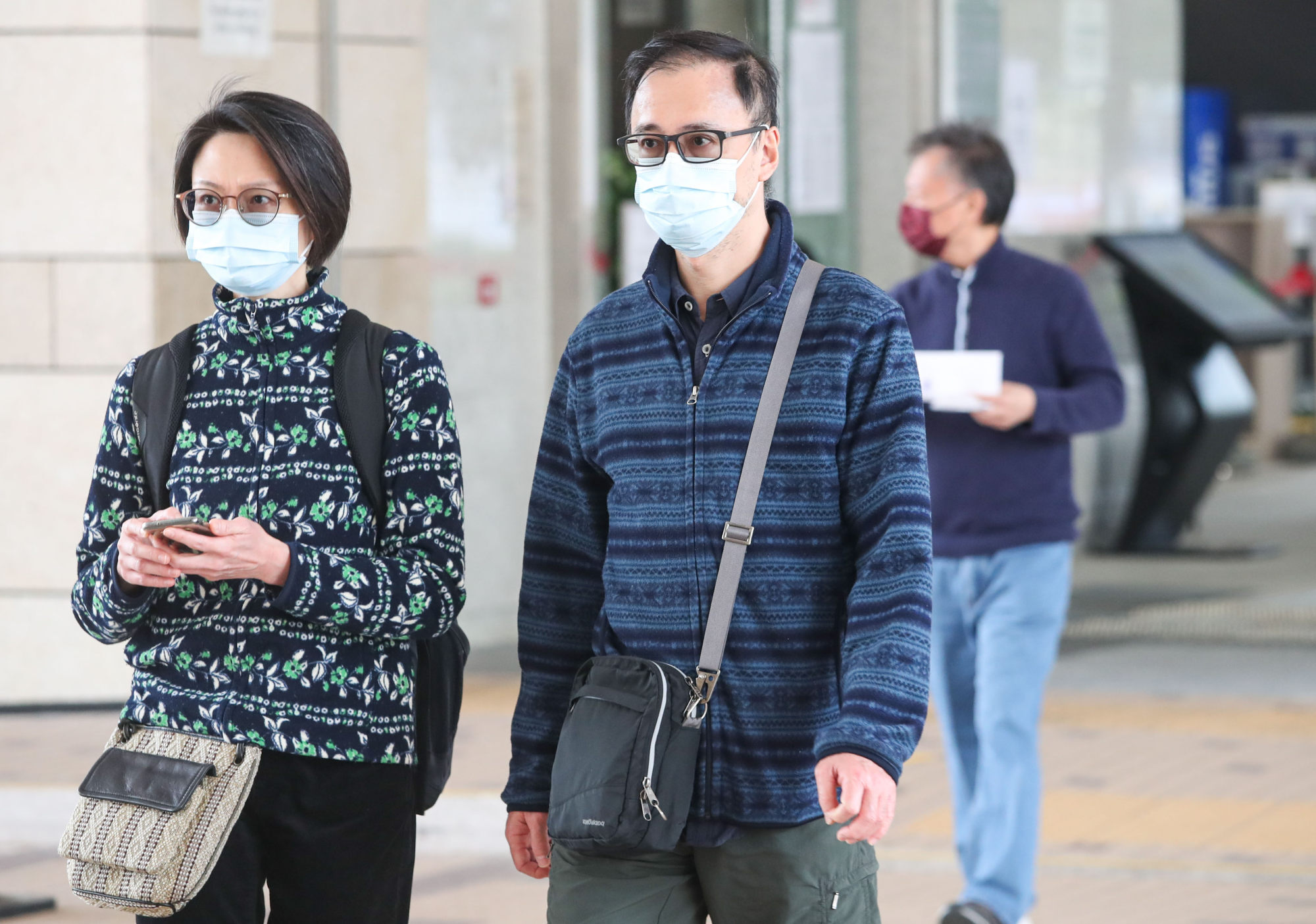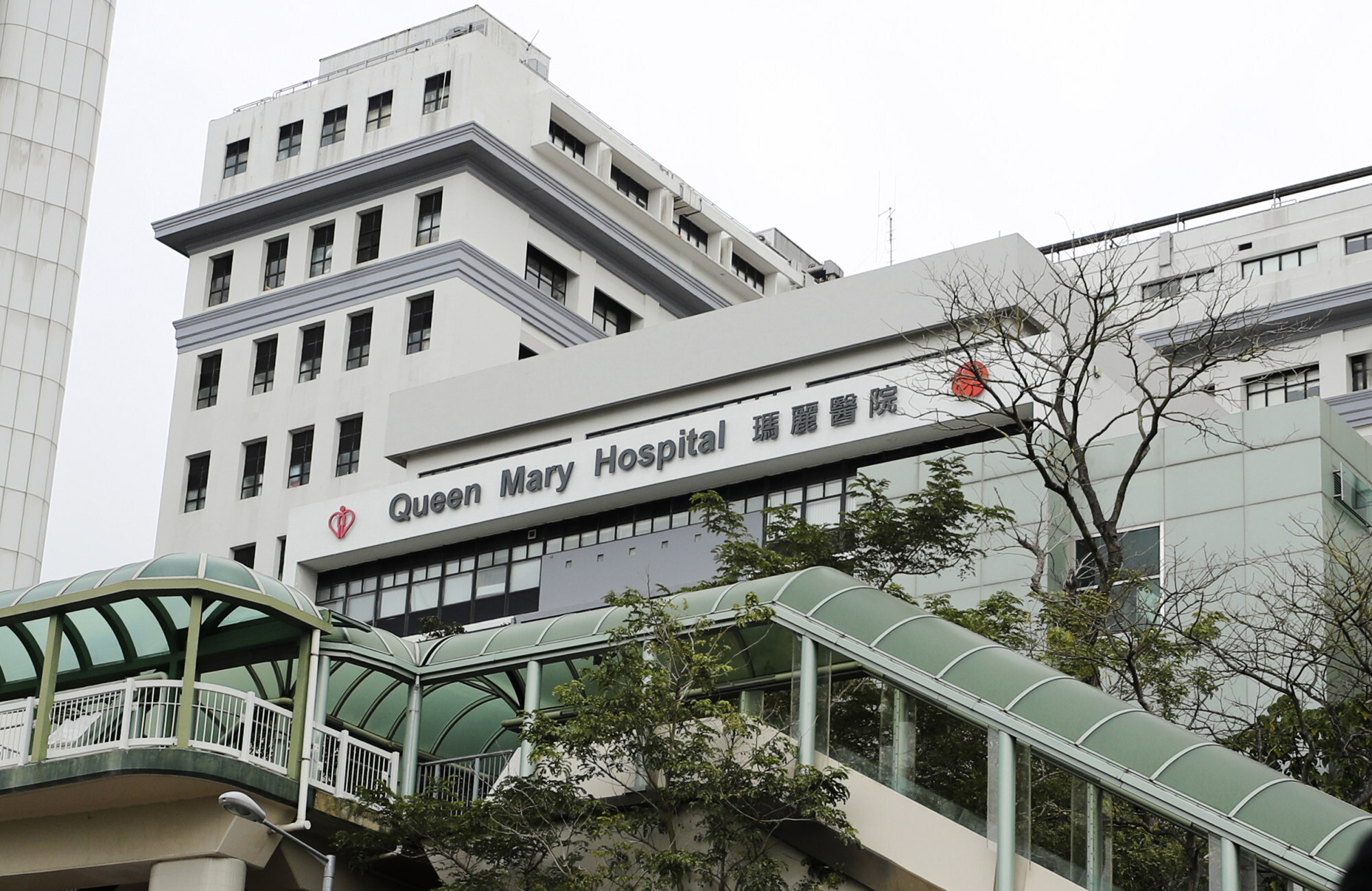
Hong Kong nurse’s non-standard practice of extubation to blame for death of 83-year-old patient, inquest jury rules
- Jury returns unanimous finding of misadventure in case of retired taxi driver Kay Chee, with medical experts saying they believe the extubation had brought his condition to an ‘irreversible’ state
- Increased manpower, regular training and email reminders on high-risk procedures among eight recommendations to Hospital Authority
A nurse’s non-standard practice of extubation is to blame for the death of an 83-year-old man who had a heart attack after having his catheter removed, a Hong Kong inquest jury has found.
A five-member jury before Coroner Stanley Ho Chun-yiu on Tuesday returned a unanimous finding of misadventure in the case of retired taxi driver Kay Chee, who died of acute myocardial infarction at Queen Mary Hospital on May 30, 2016.
The jury offered eight recommendations to the Hospital Authority, calling for regular training and email reminders on high-risk procedures, as well as an increase in manpower in the intensive care unit, such that medical personnel could be supervised or assisted when performing such tasks.
They also suggested clearer risk assessment forms – to be filled in upon the patient’s admission – and procedures for the authority’s Advanced Incident Reporting System, and recommended that patient relations officers be notified in three days to keep relatives informed.
The coroner said he would pass on these “very appropriate” recommendations to the authority and expressed hope that Kay’s family could move on.

Kay’s son, Stephen Kay Chi-fai, said outside court he was satisfied with the outcome and recommendations, which he believed could address some of the inadequacies in the public health system.
Stephen Kay said the incident had filled him with regret for not having spent time with his father, whom he described as a food lover. They had planned to celebrate Kay’s 83rd birthday with a meal after his discharge from hospital.
“After his admission, he rarely felt happy again,” Stephen Kay said. “The torment lasted for 12 days.”
His wife, who is working in the authority, added that they hoped to raise public awareness through this case as they did not want the same situation to befall other patients.
A hospital spokesman apologised again to the family and said it respected the court’s findings.
“The hospital has learned its lesson,” the spokesman said, adding it would follow up on the recommendations.

The Coroner’s Court previously heard Kay was admitted for an overnight stay on May 19, 2016 to undergo a computer scan of his carotid arteries following a stent placement and an examination of his kidneys, but he stumbled at the hospital and underwent emergency surgery.
Kay’s condition fluctuated after the operation due to blood loss, prompting a blood transfusion, but that led to a serious heart attack on the night of May 25. His family subsequently agreed to send him to intensive care and have a catheter inserted into his body.
Kay’s condition improved by 6pm on May 26 – he could breathe on his own and was well enough to switch wards the following day.
At 10.15am on May 27, Ho Lok-hei, a nurse at the intensive care unit, extubated Kay while he was sitting upright in an armchair – a position that could lead to venous air embolism, a condition where gas blocks veins and which could be fatal.
The nurse’s action was contrary to standard practice where the tube is removed while the person is lying down.
Hong Kong nurse’s screening oversight ‘could have led to patient’s death’
Kay developed intracardiac air embolism soon after and his heart stopped. He was resuscitated after four minutes, but his condition never improved. He suffered another heart attack on May 28 and was certified dead in the early hours of May 30.
Forensic pathologist Dr Philip Beh Swan-lip noted that Kay had existing heart and blood vessel issues and the air embolism caused by the extubation had added stress to and accelerated the process of the organ damage.
Kay’s direct cause of death was acute myocardial infarction, Beh said.
Dr Chris Wong Kwok-yiu, a cardiologist, said Kay had cardiovascular issues since 2000 and was faced with a five to 10 per cent chance of acute myocardial infarction each year.
But while this natural condition might have been at play at the material time, Wong said he believed it was the extubation that brought Kay’s condition to an “irreversible” state.
The hospital expressed its deepest condolences to Kay’s family and subsequently carried out an investigation, which found that the nurse who performed the extubation was not aware of the associated risks of intravascular air embolism.
Nurse banned from work for five months for removing catheter improperly
The investigation panel also recommended the promotion of the safer extubation practice and reinforcement of clinical coaching, among other things. These recommendations were subsequently implemented.
The hospital further improved ward design to help prevent patient falls and enhanced training for nurses to raise their awareness of such accidents.
In 2019, Ho admitted that he had not followed the standard practice of removing the catheter and was found guilty in the Nursing Council’s disciplinary inquiry of unprofessional conduct.
His name was removed from the register for five months, in view of the gravity of his offence, according to the judgment.
The Post understands that Ho is no longer in practice.

